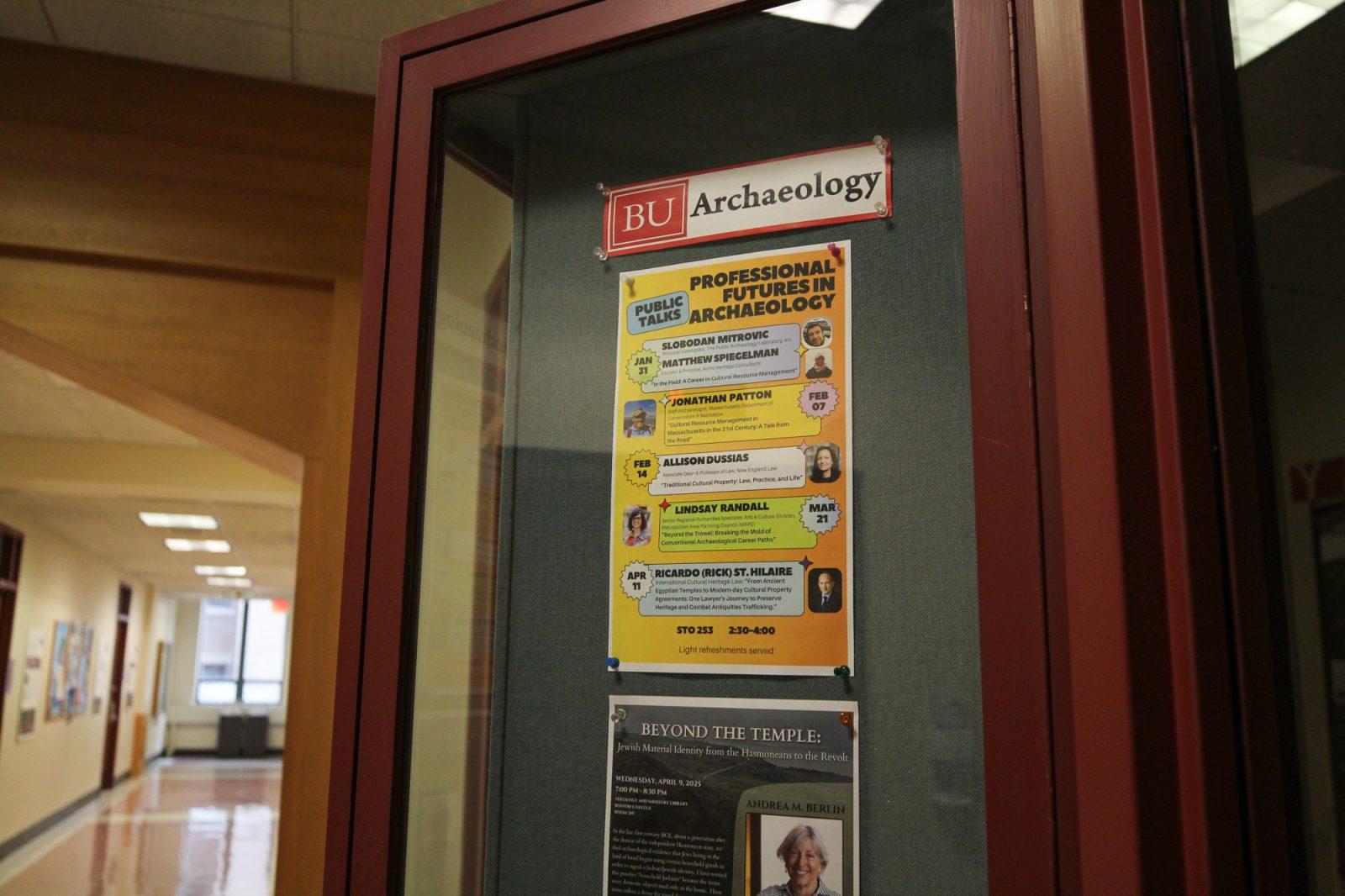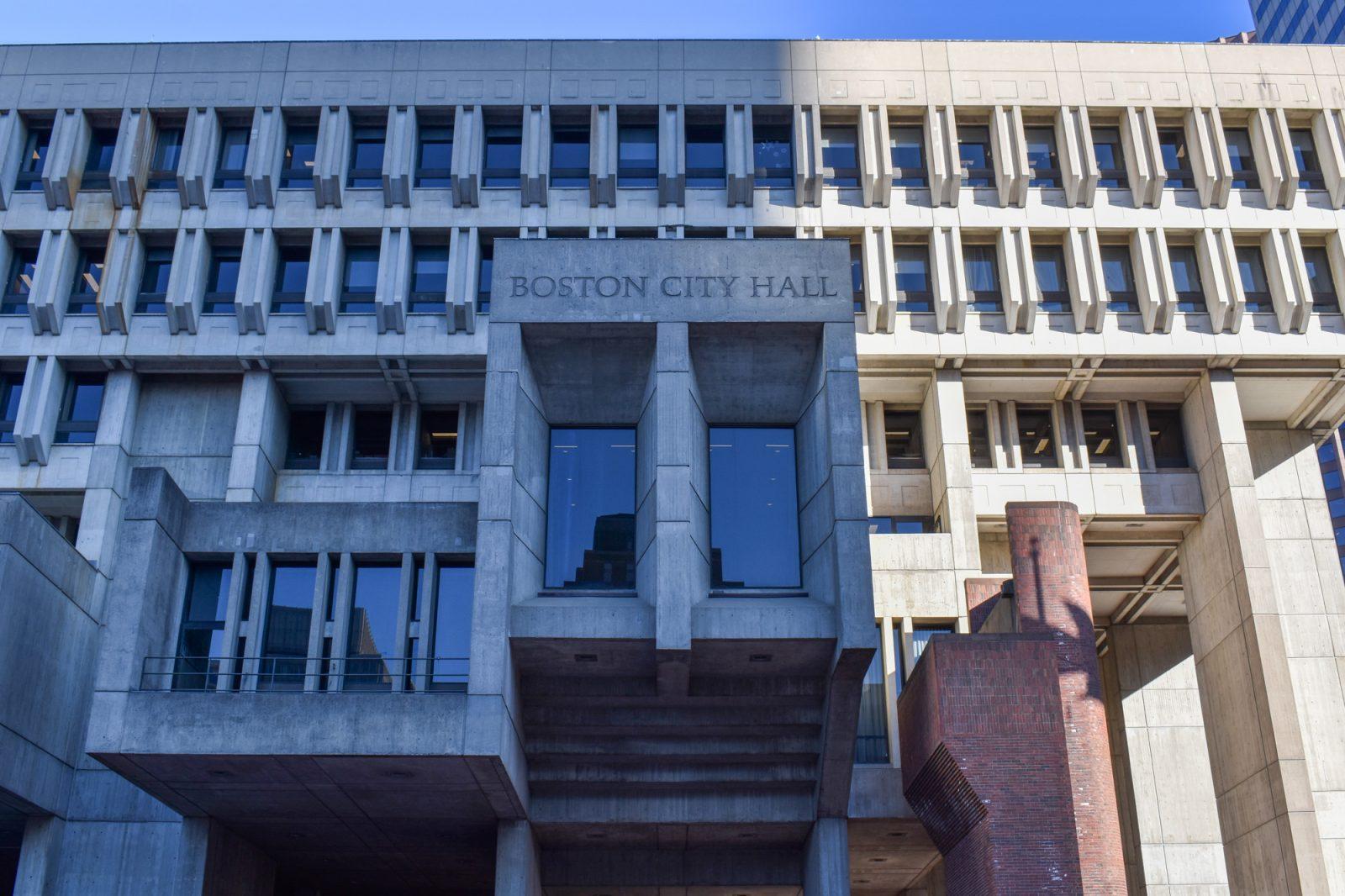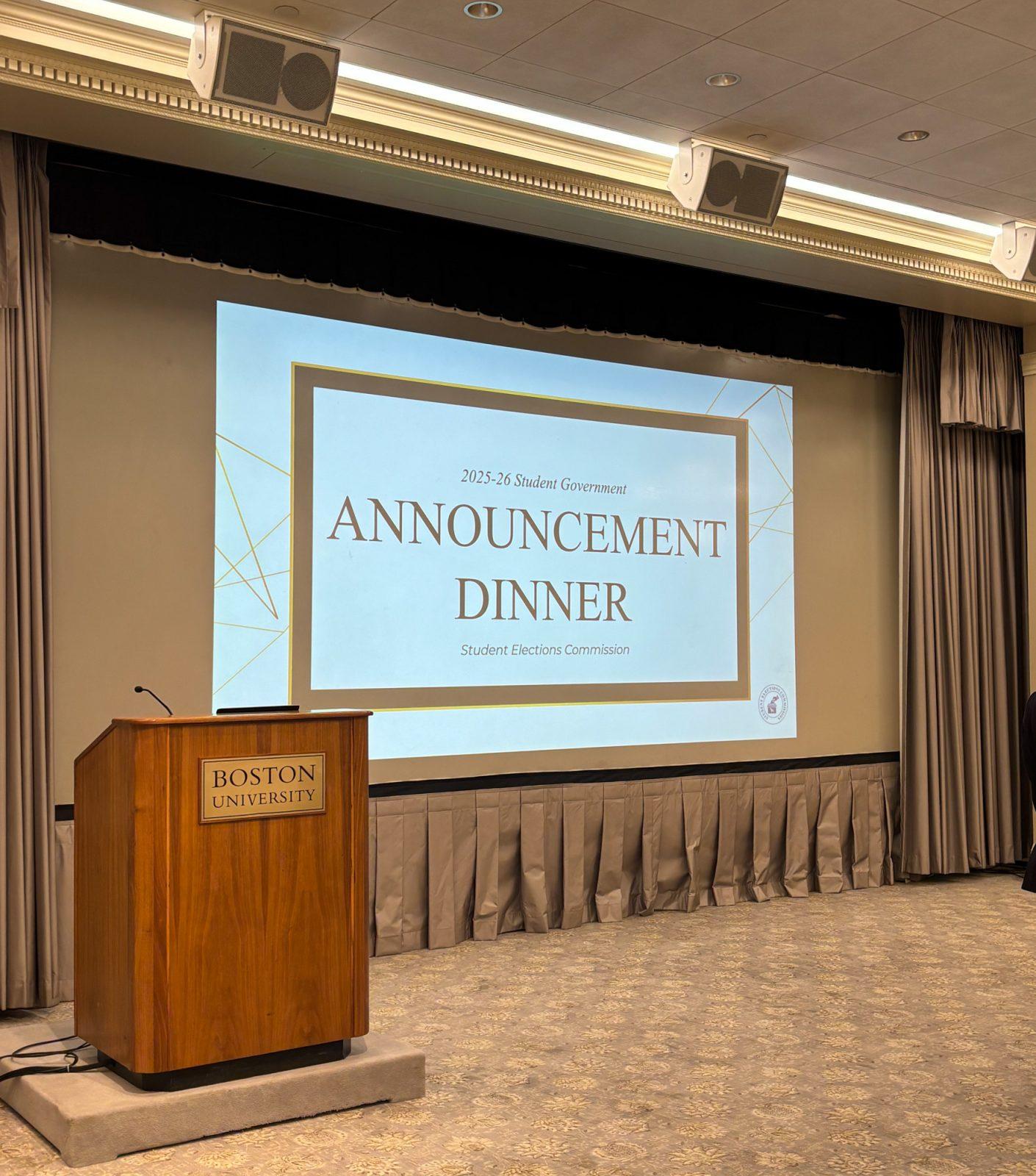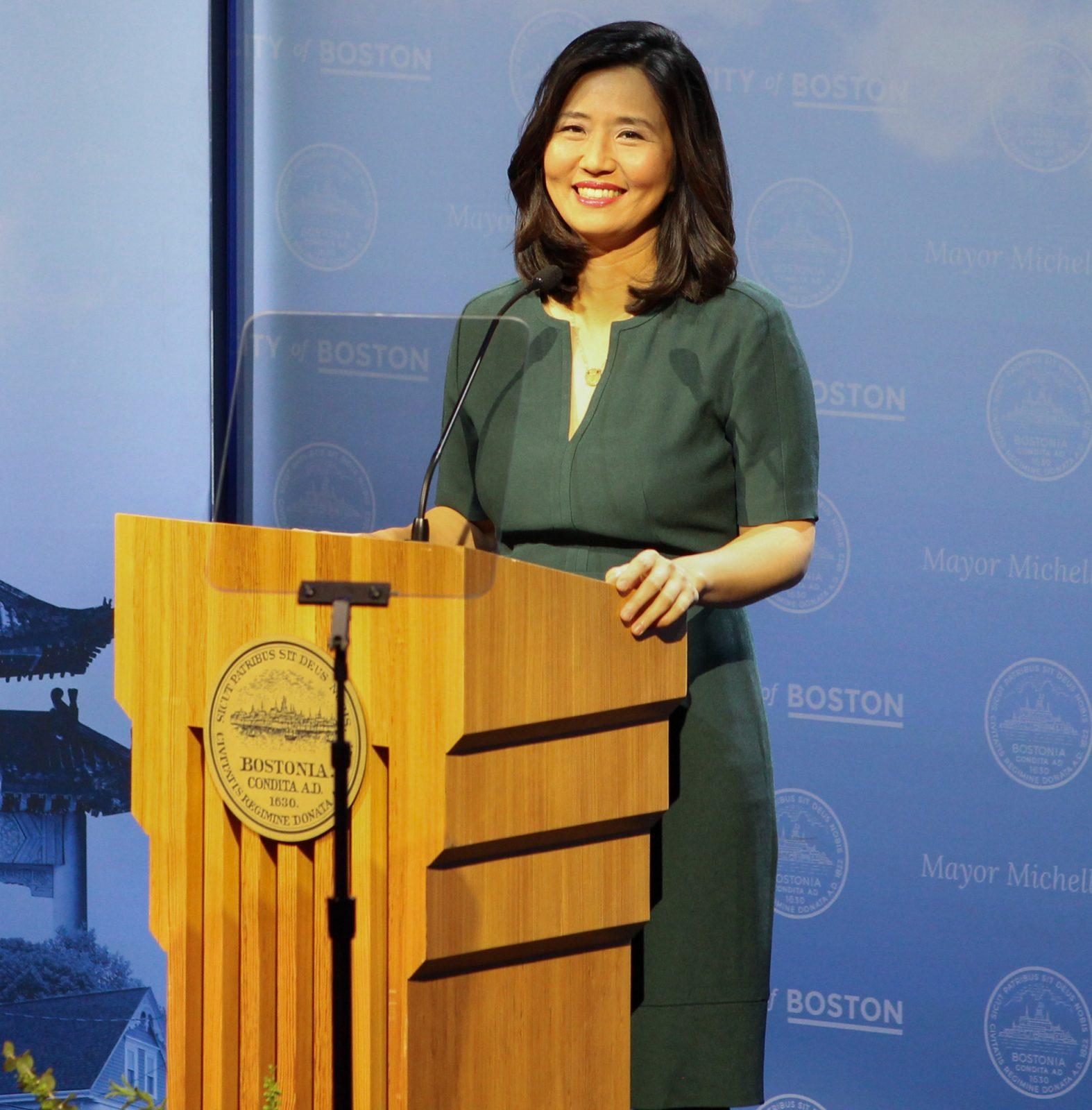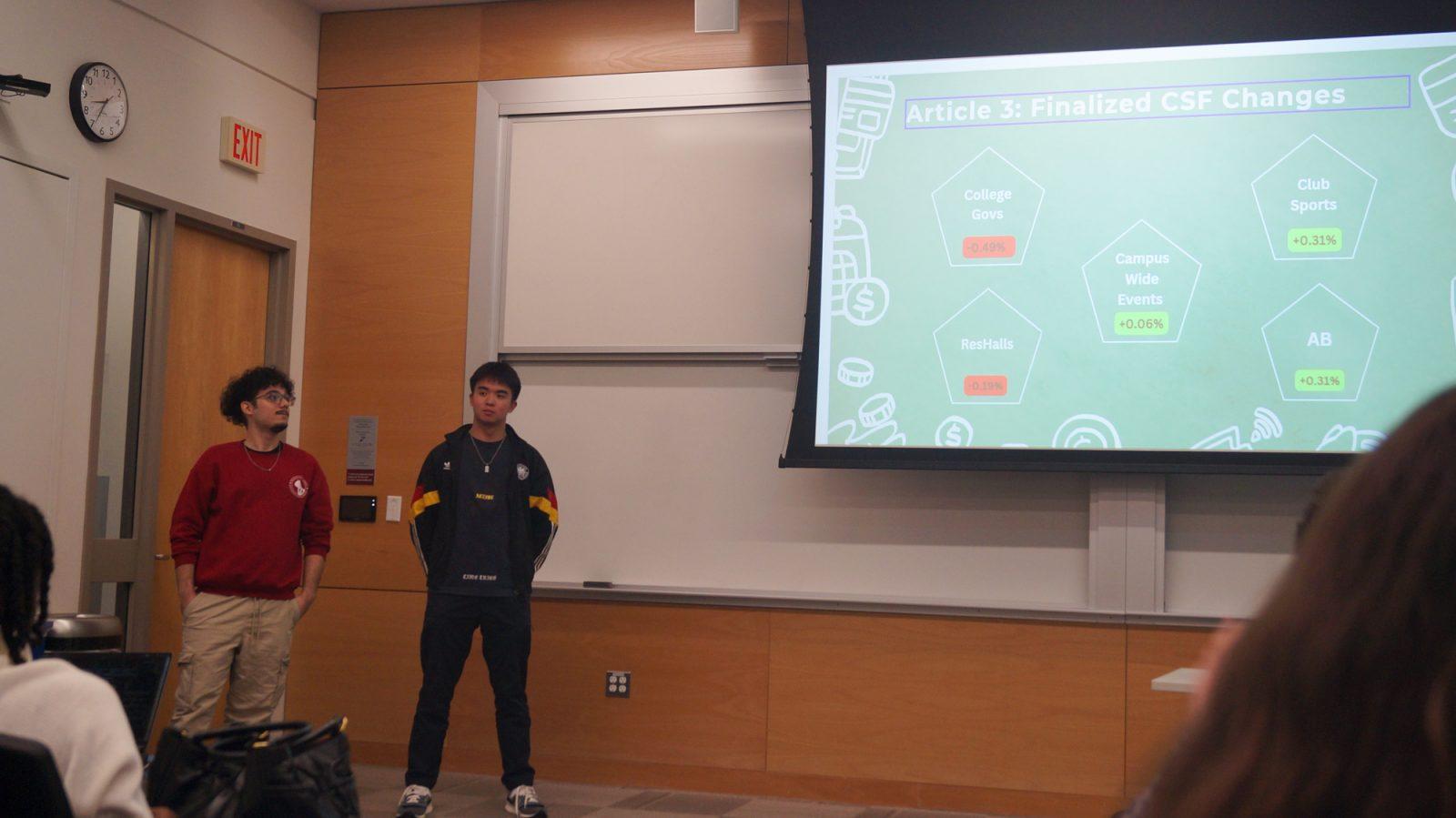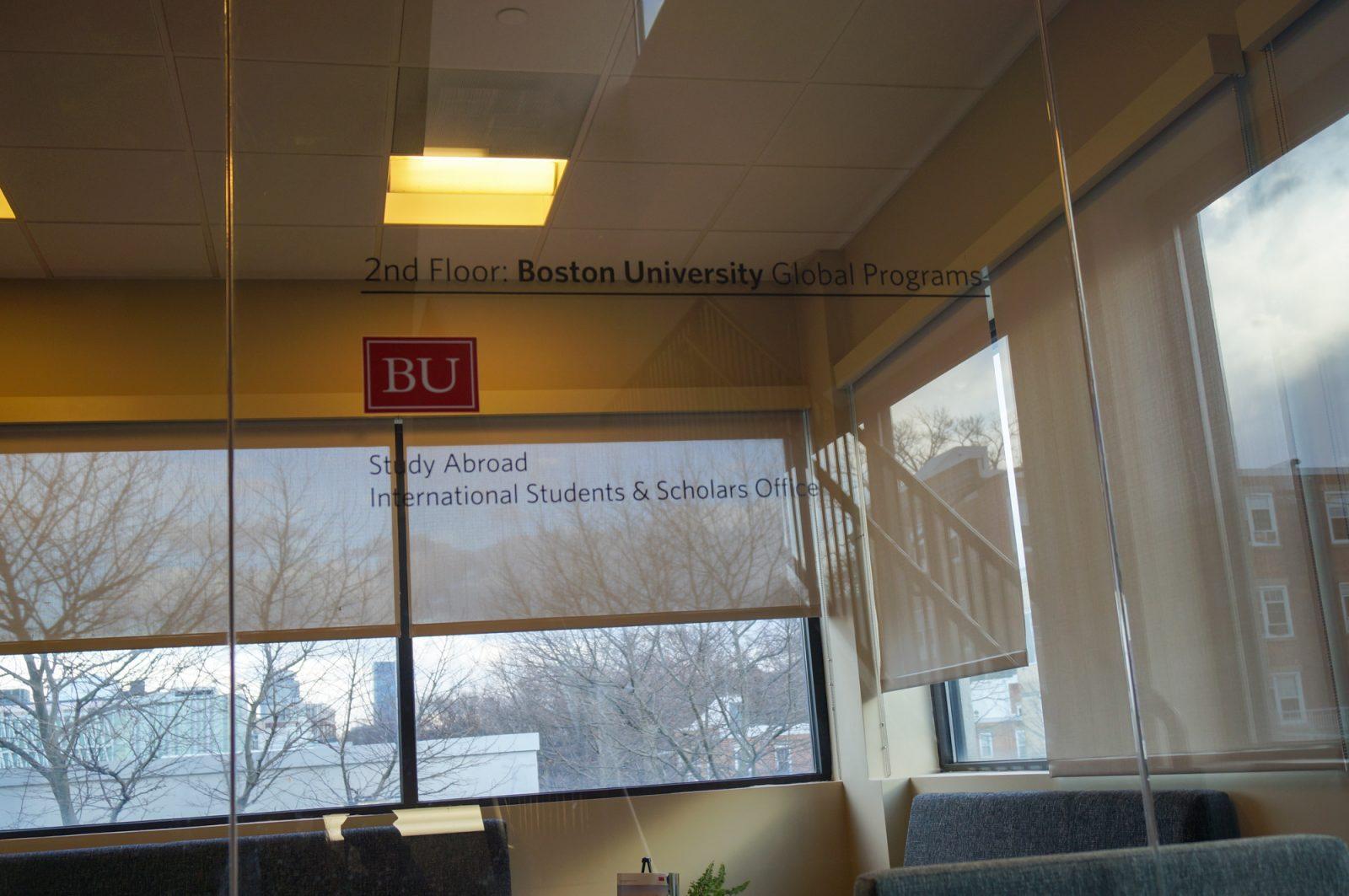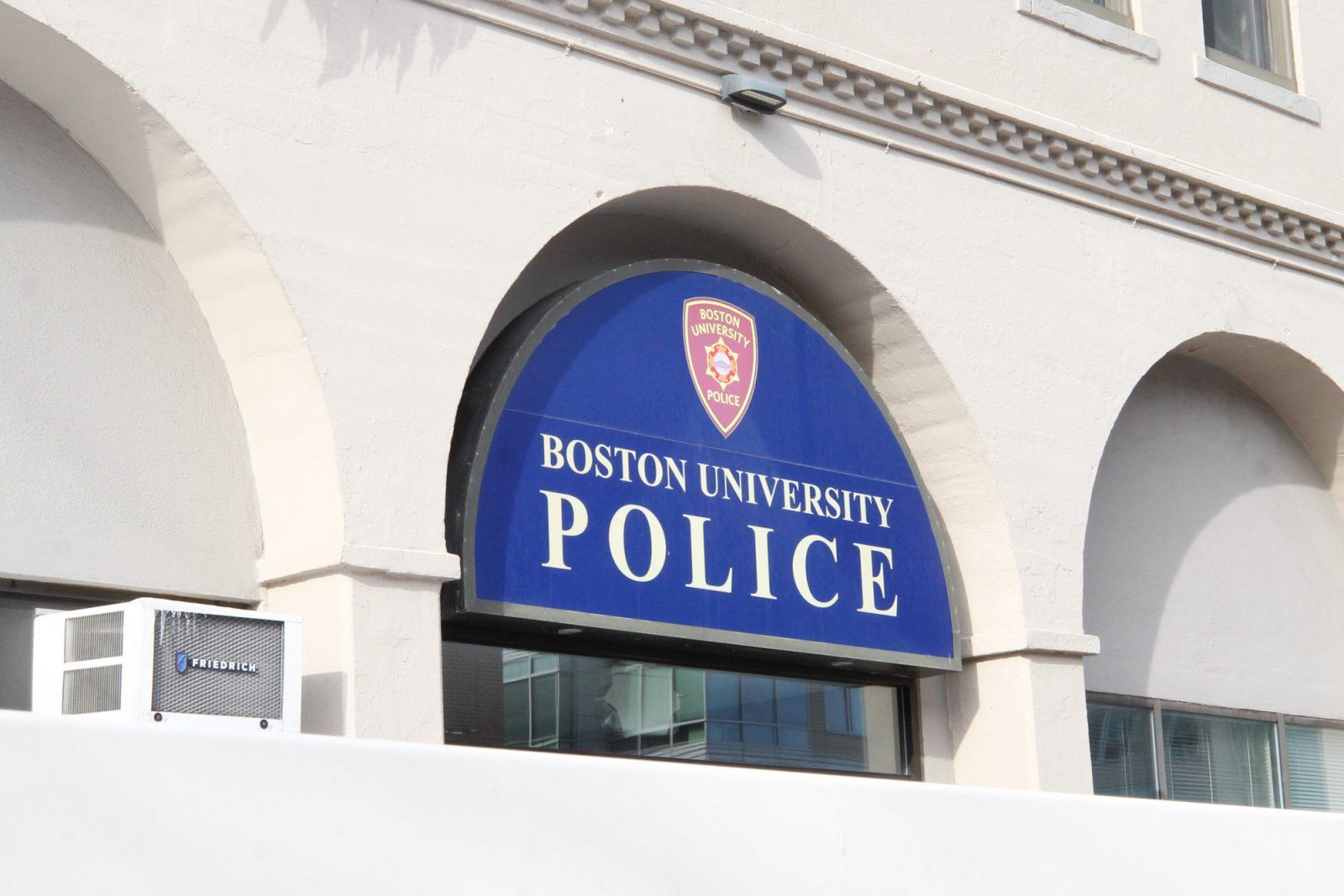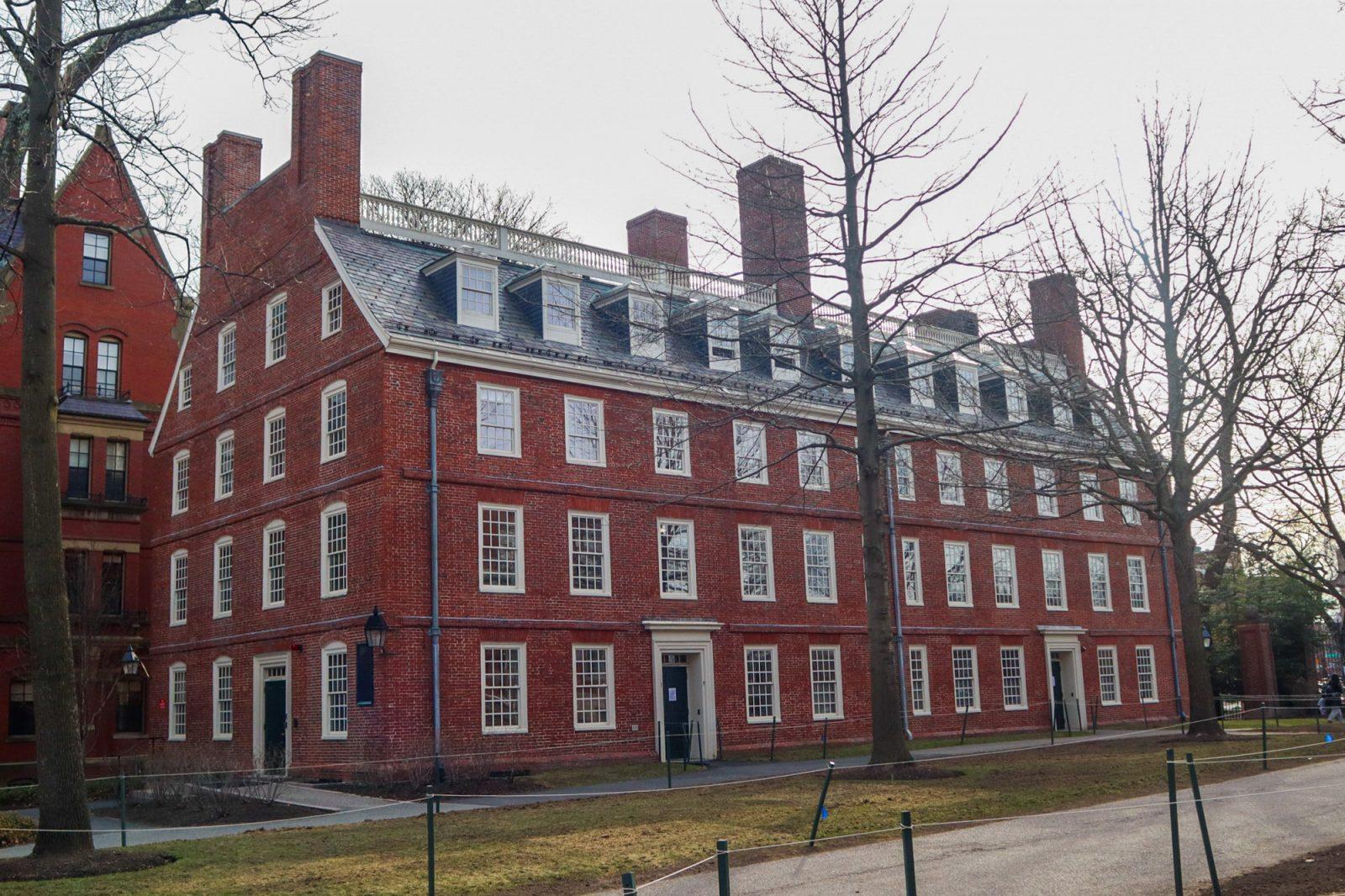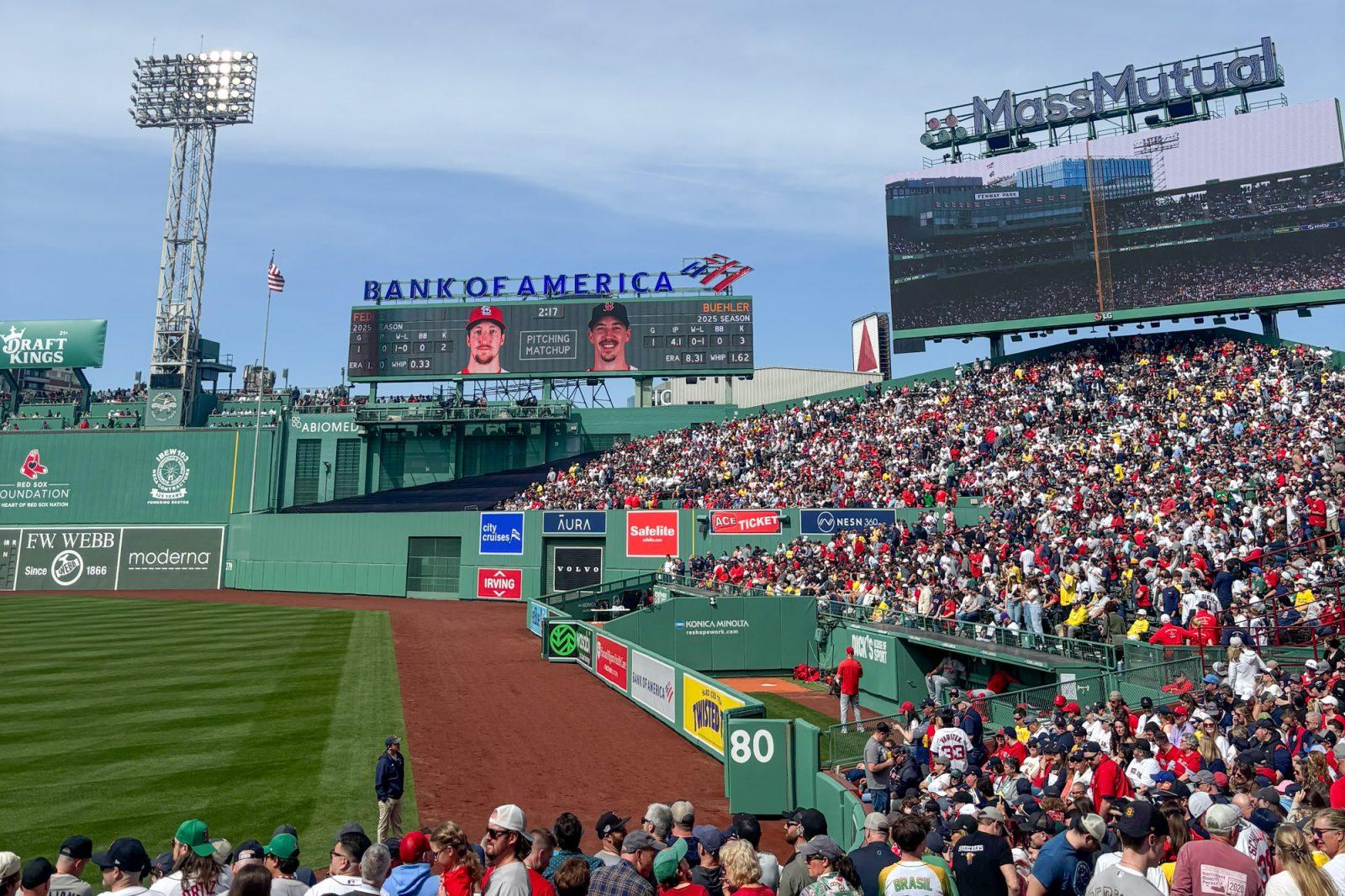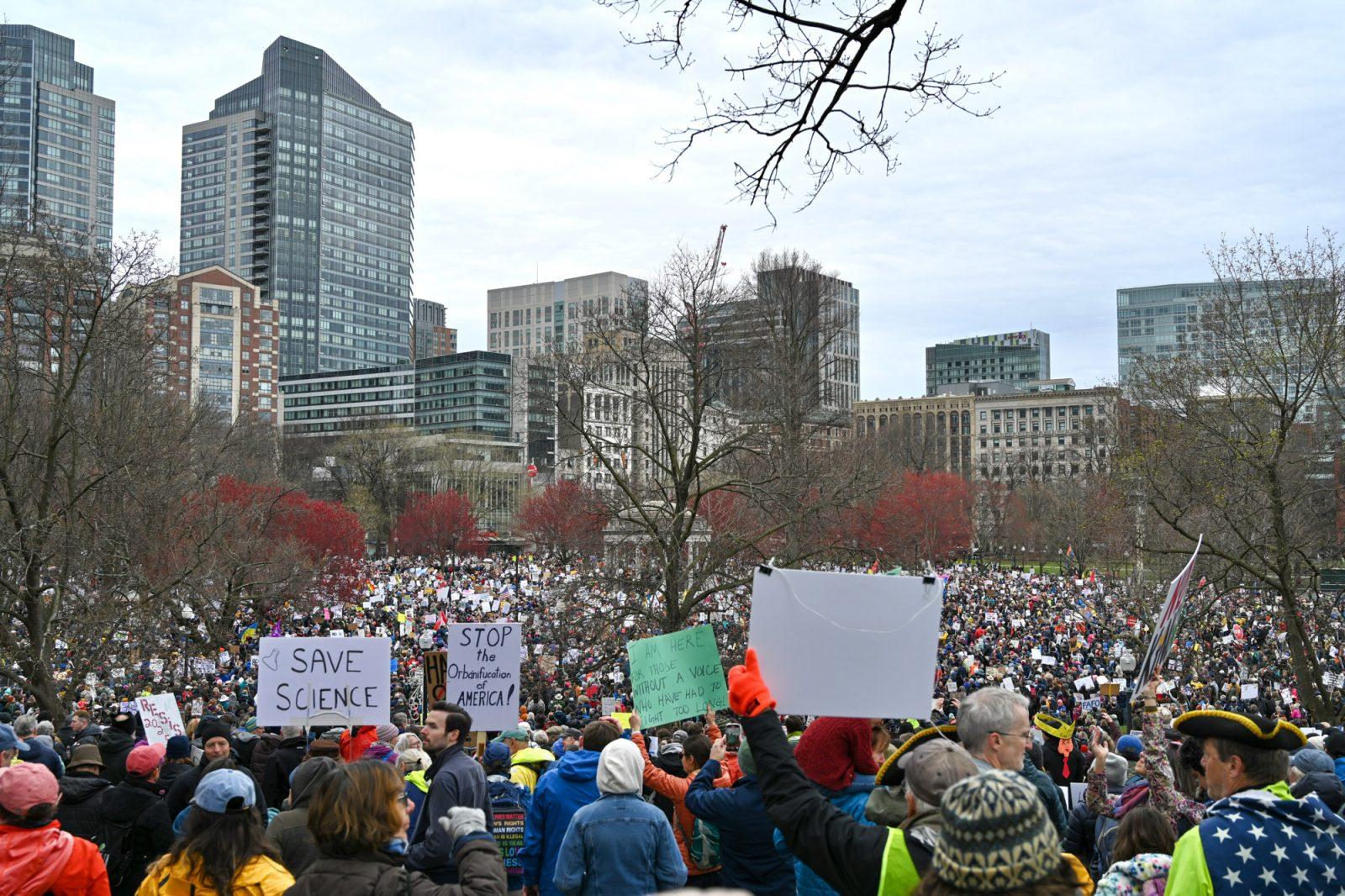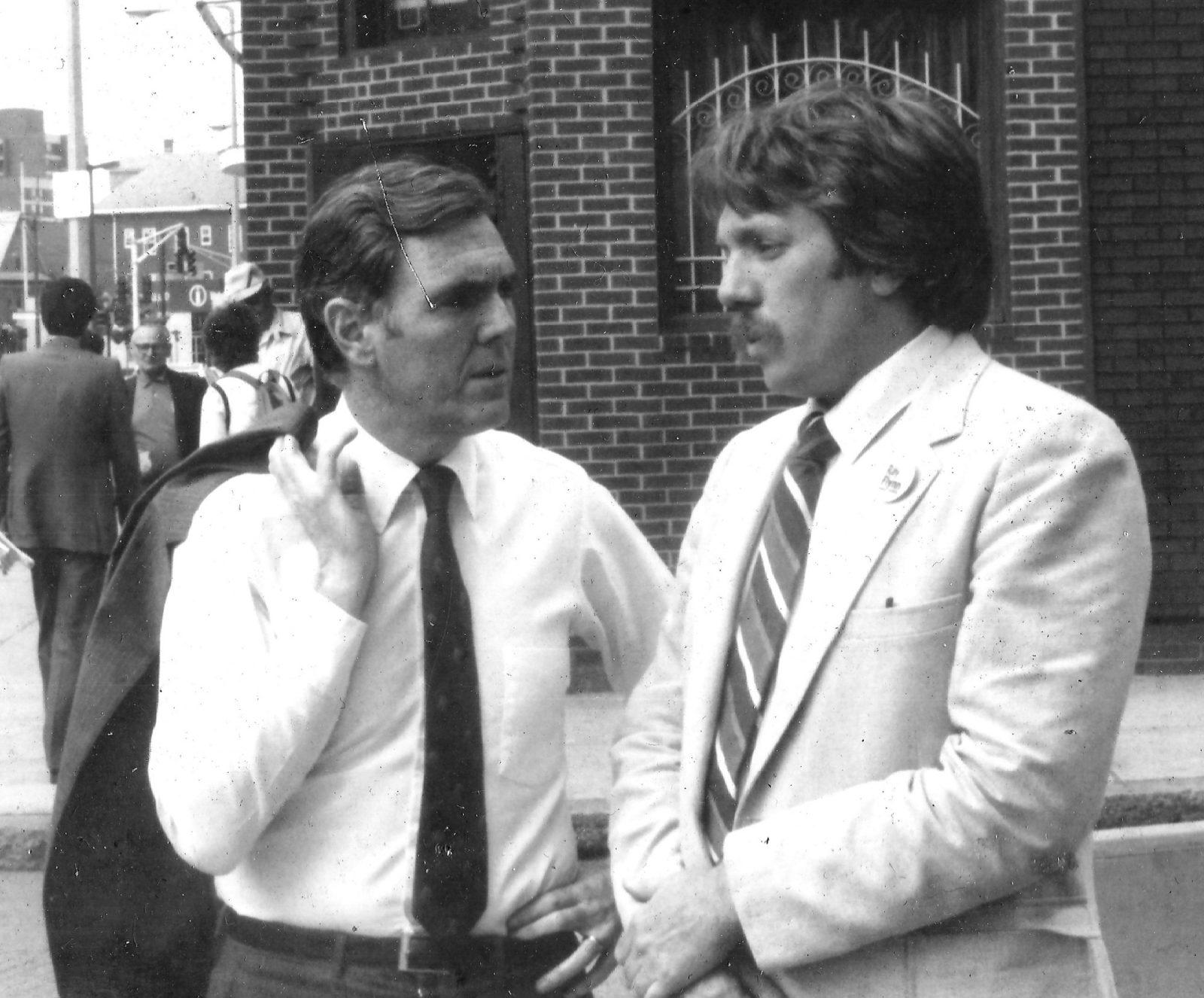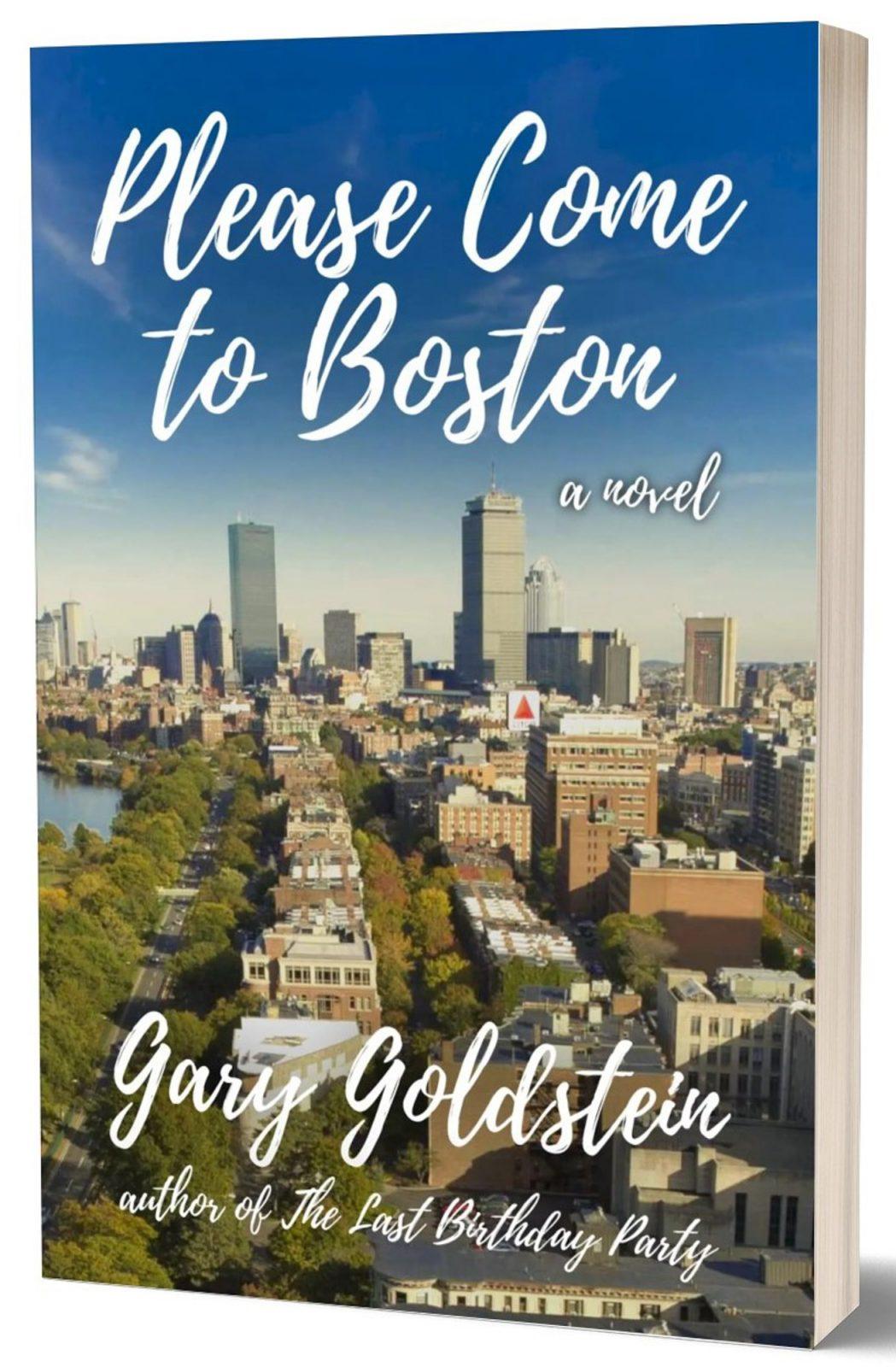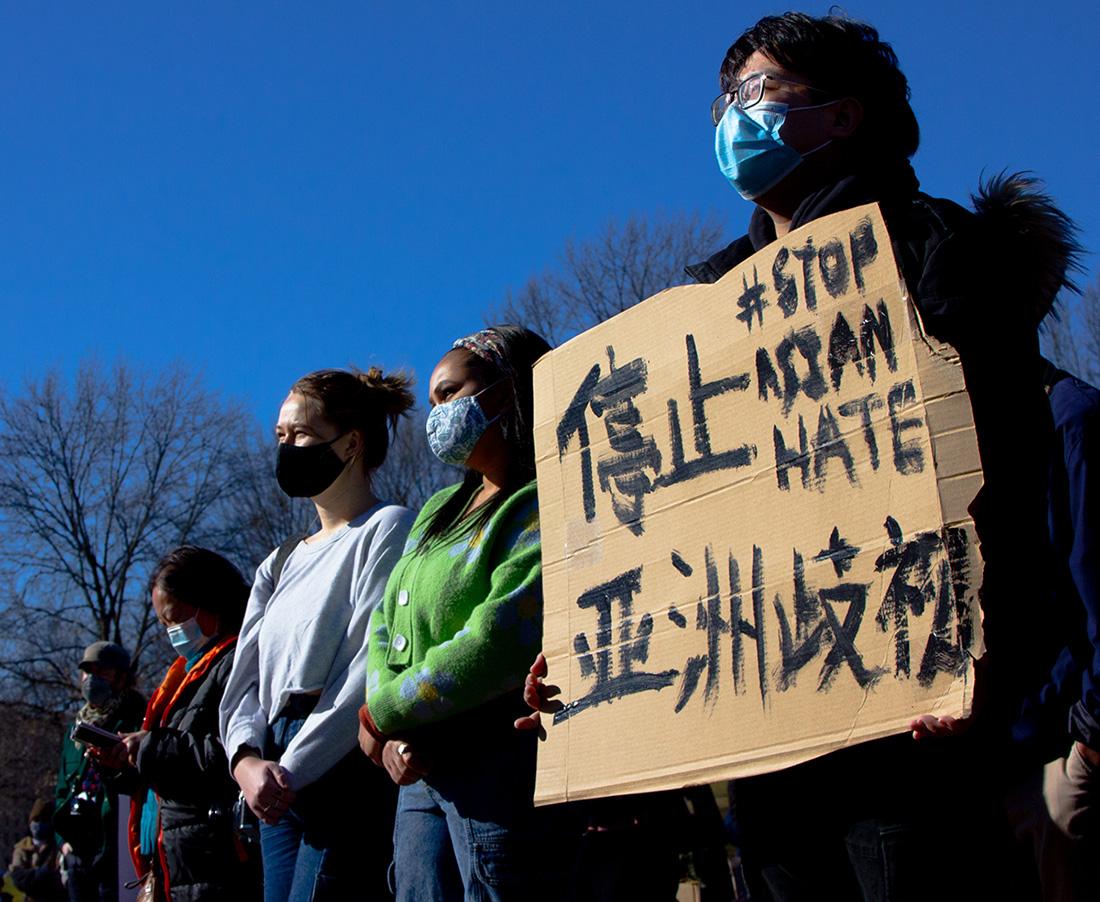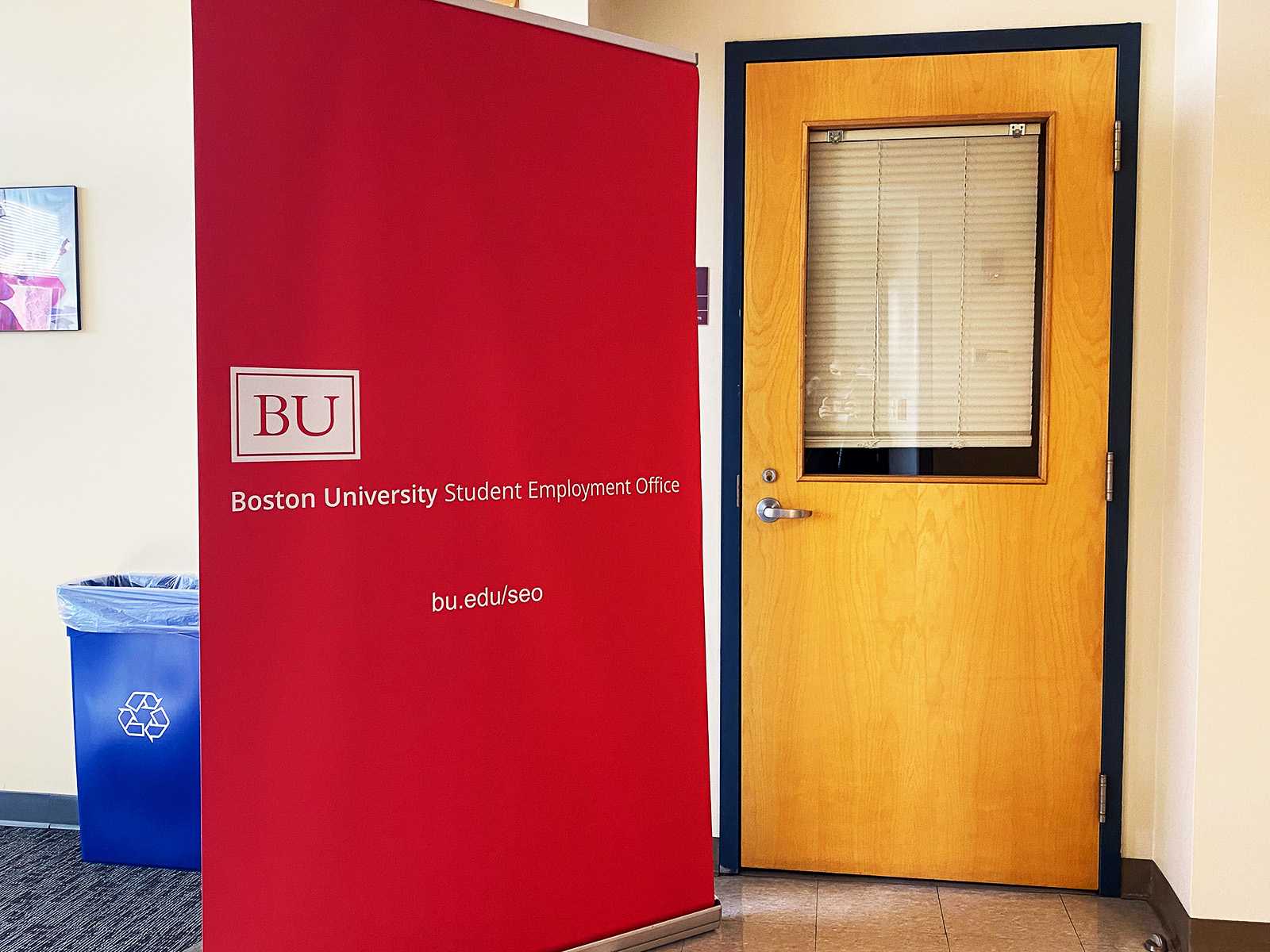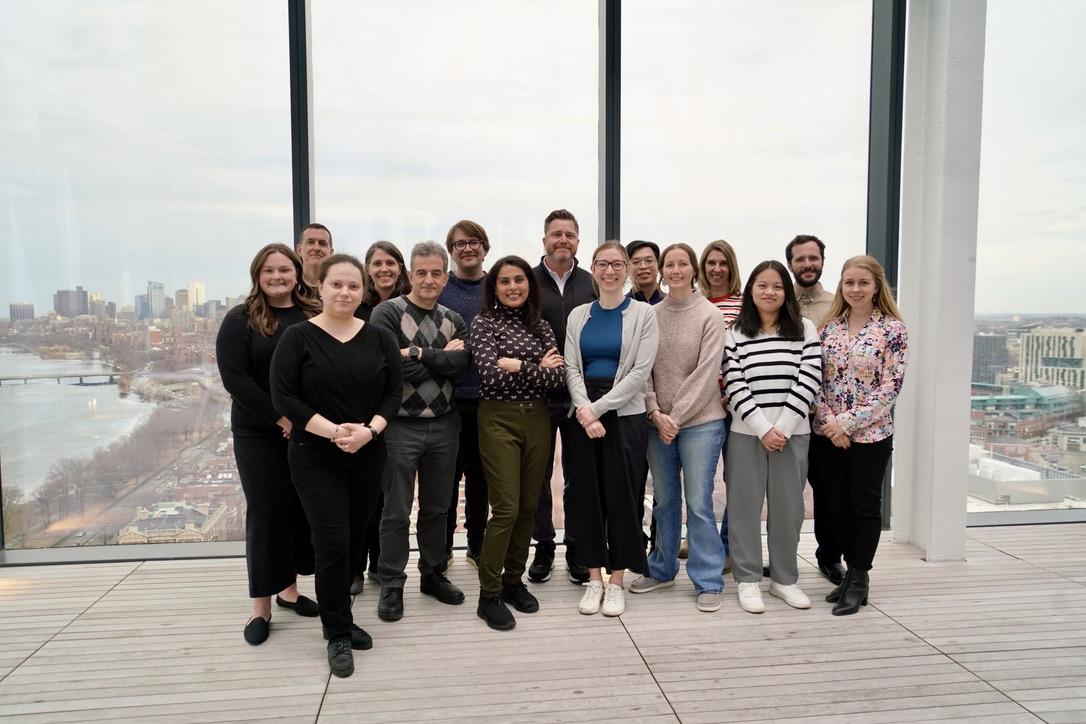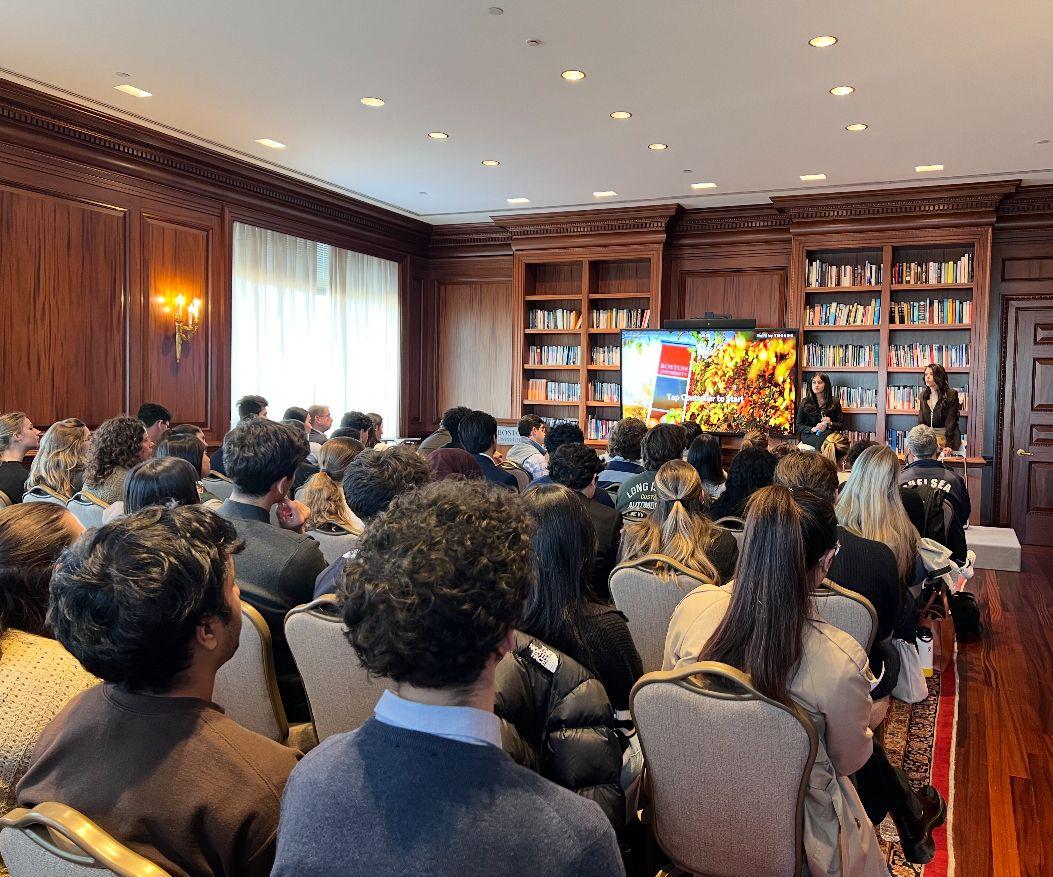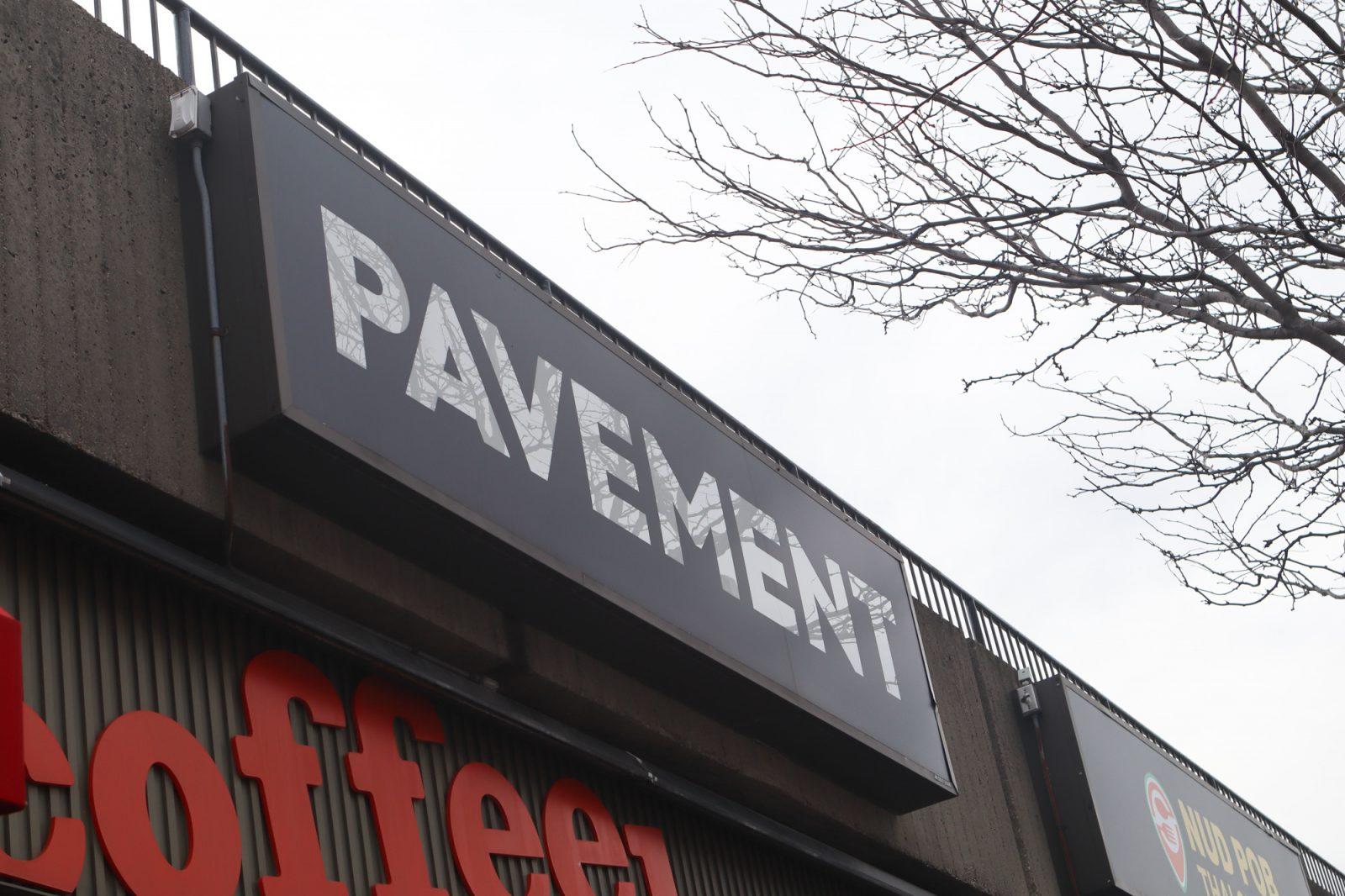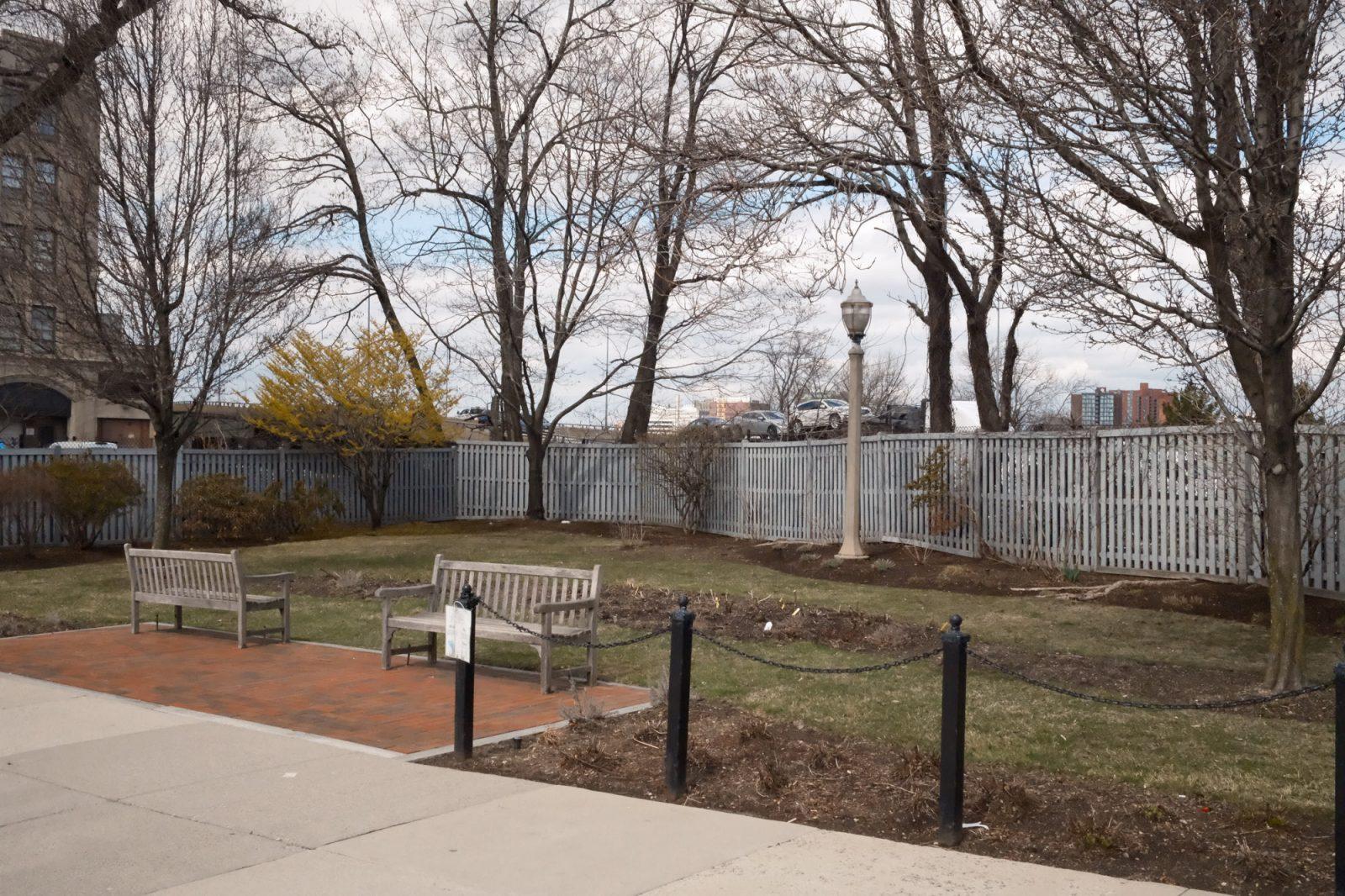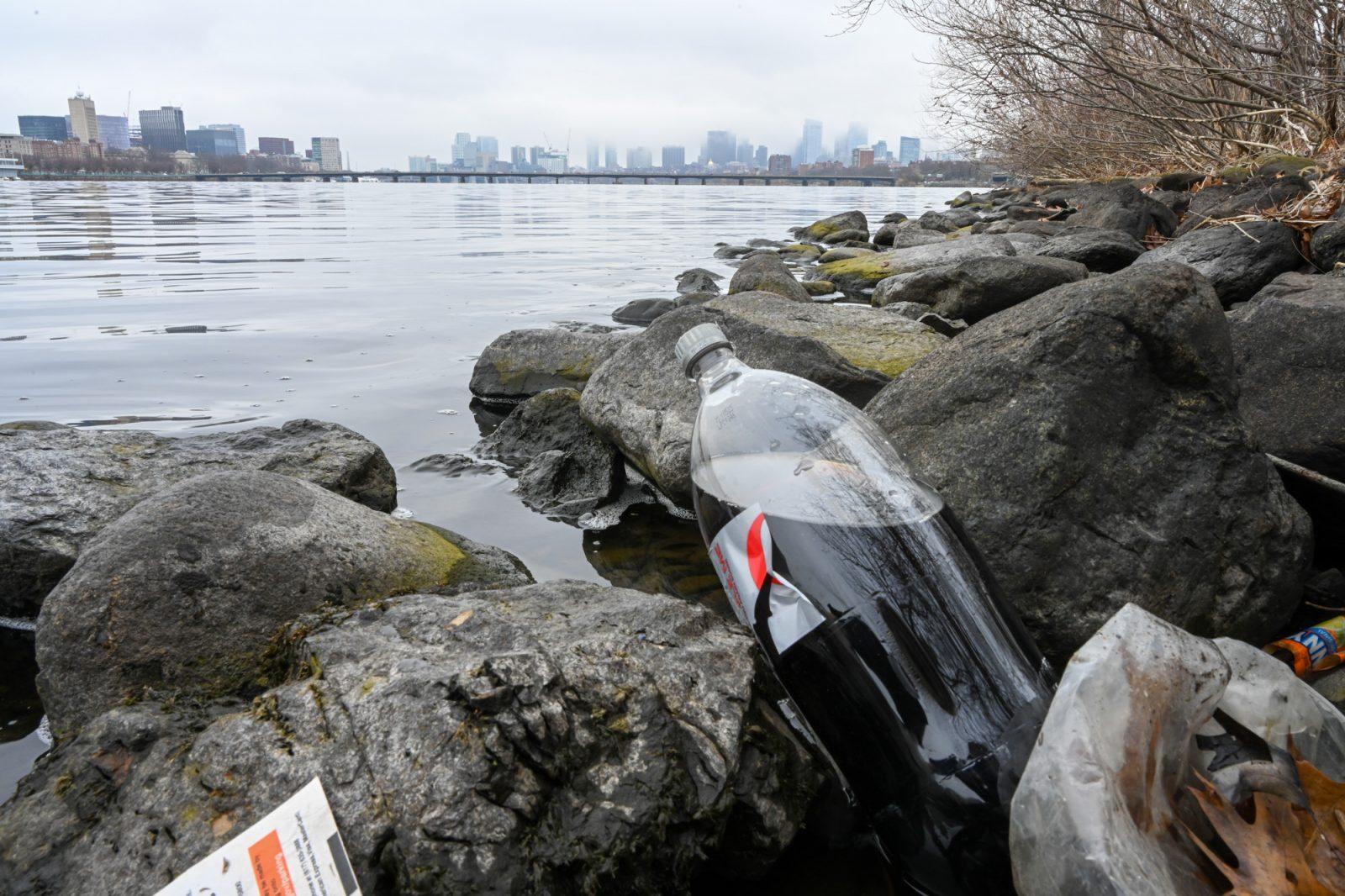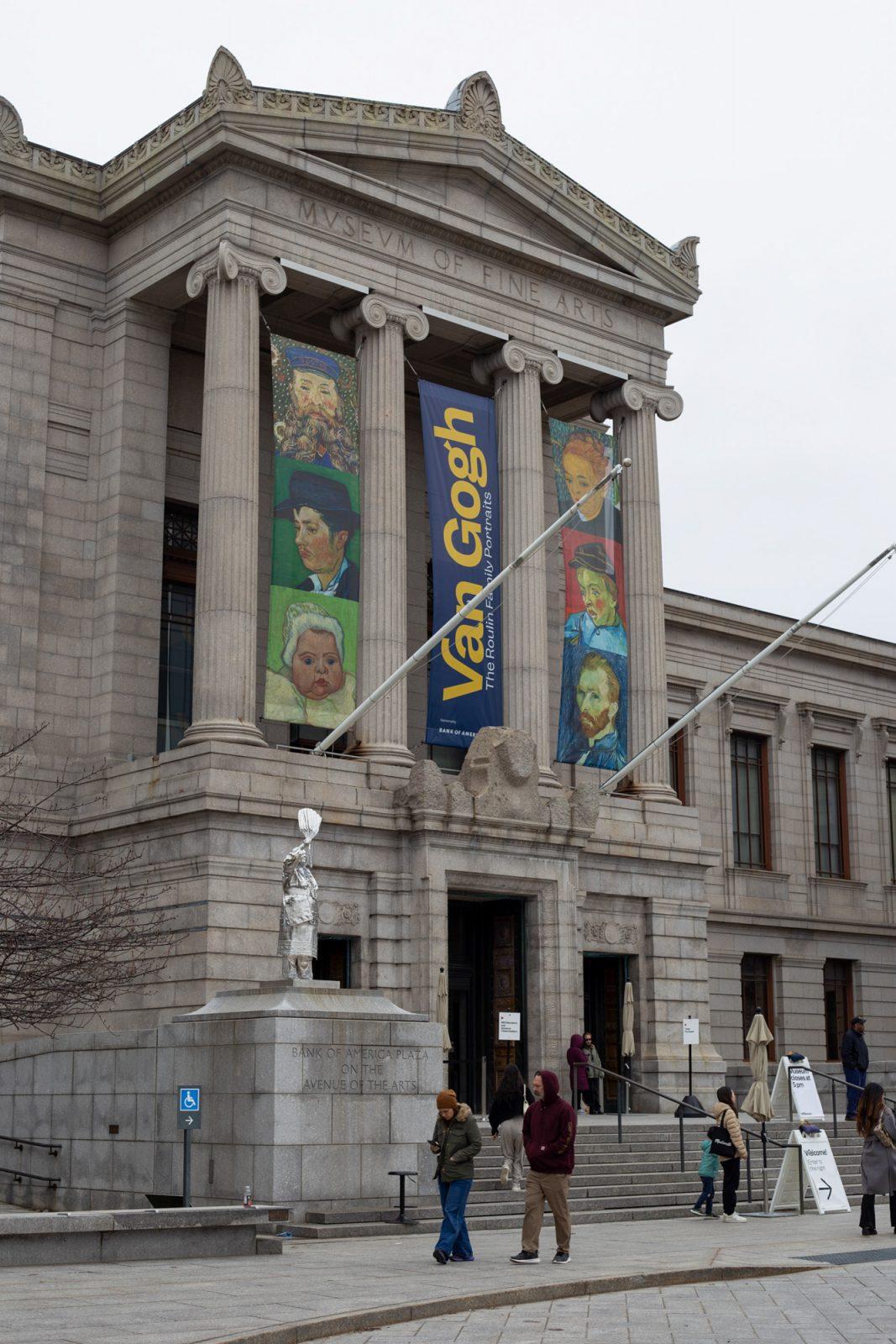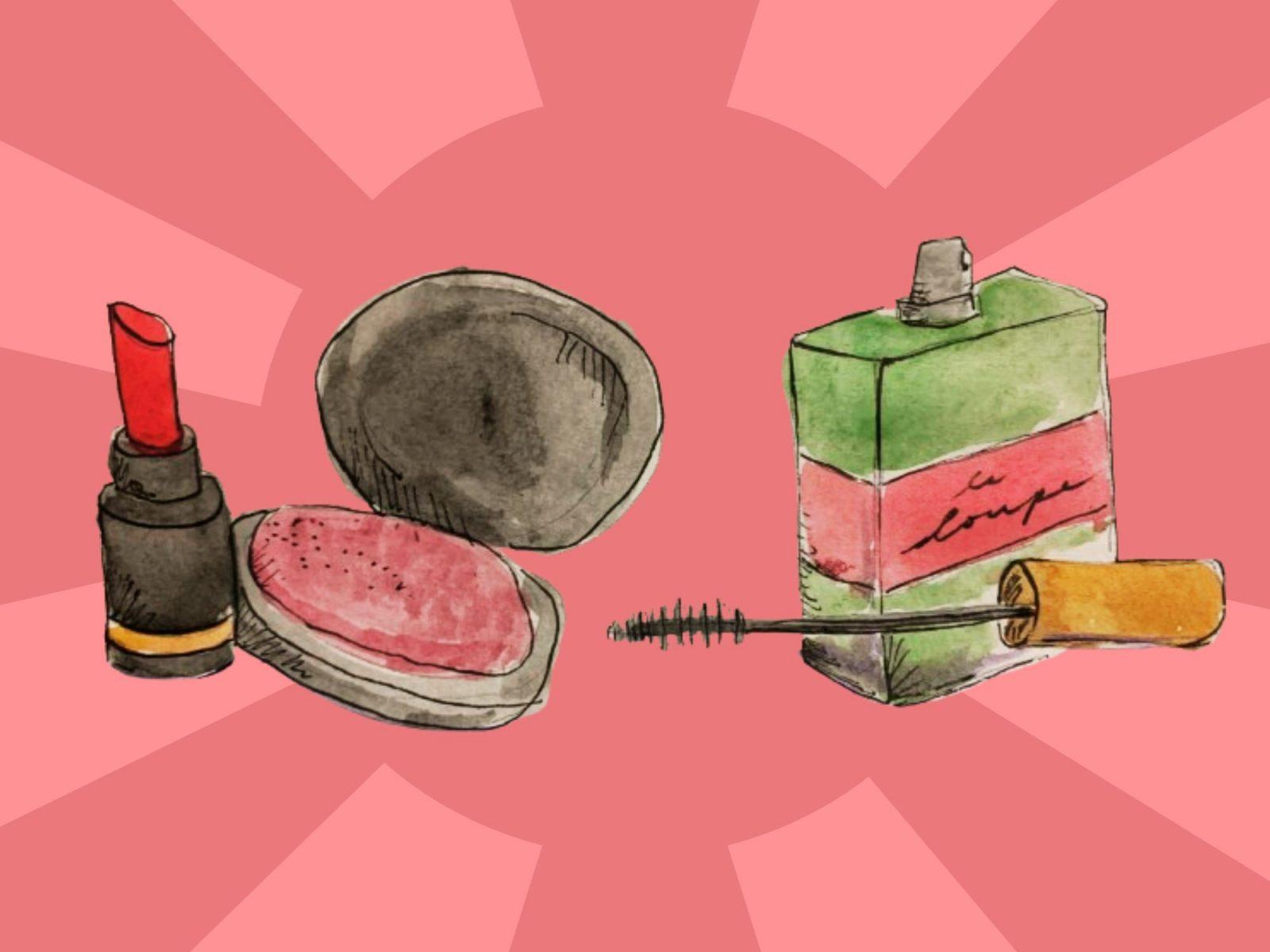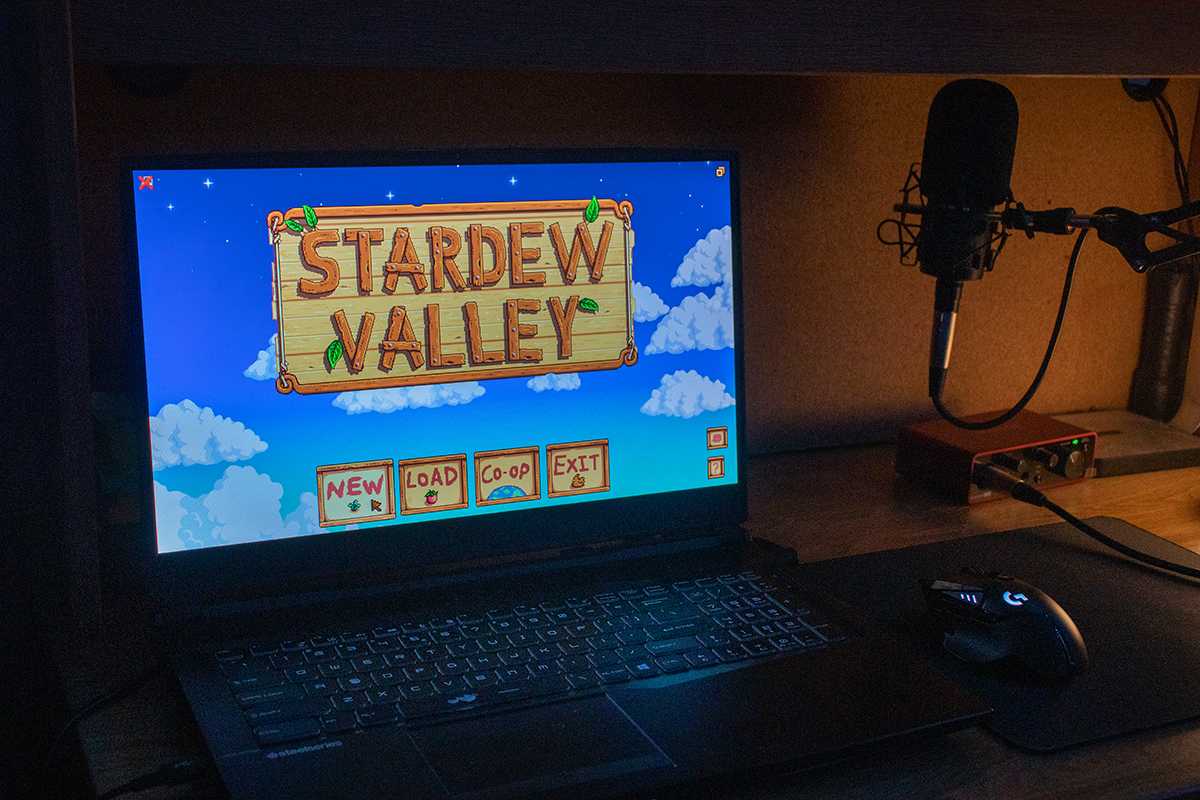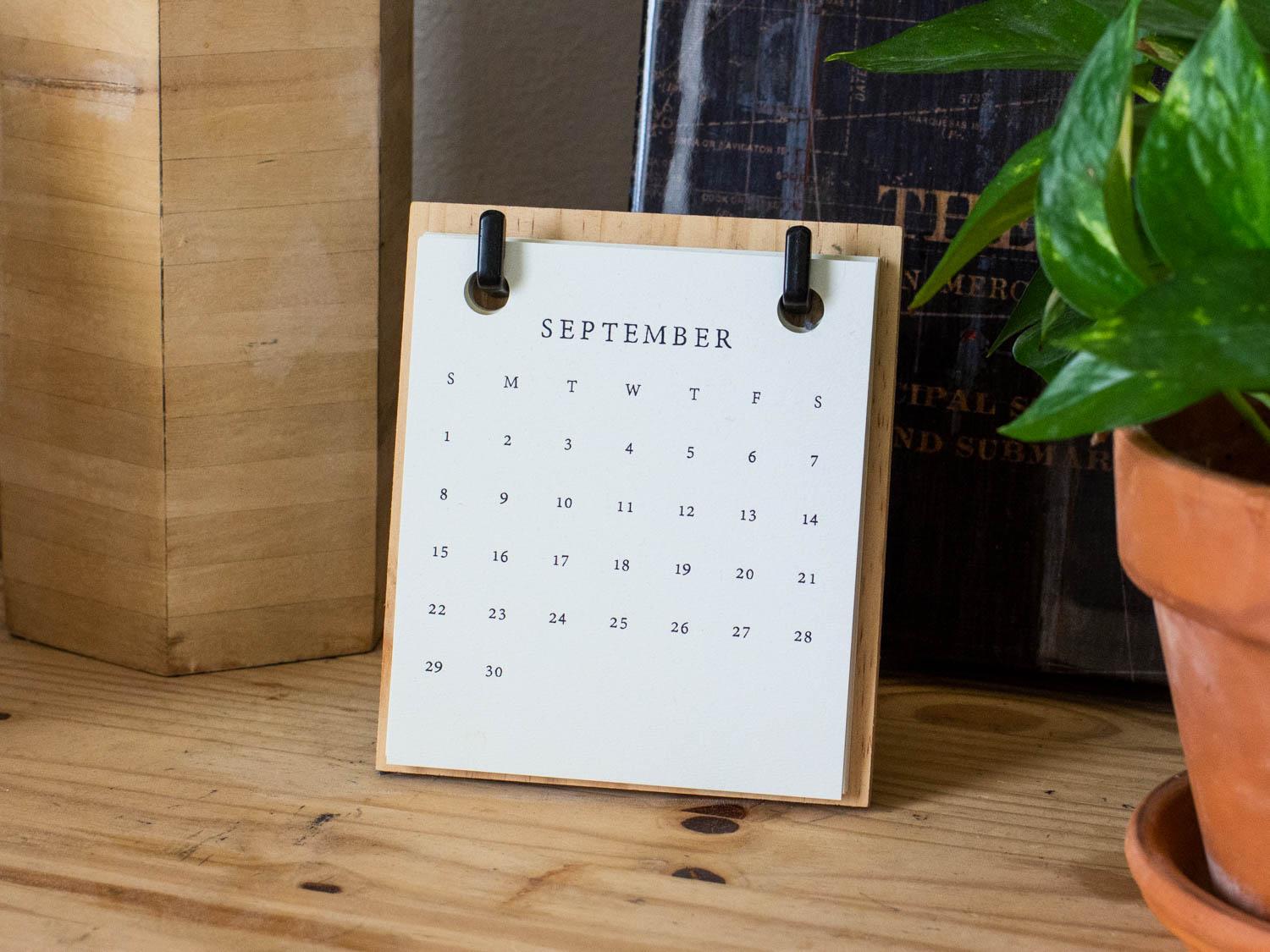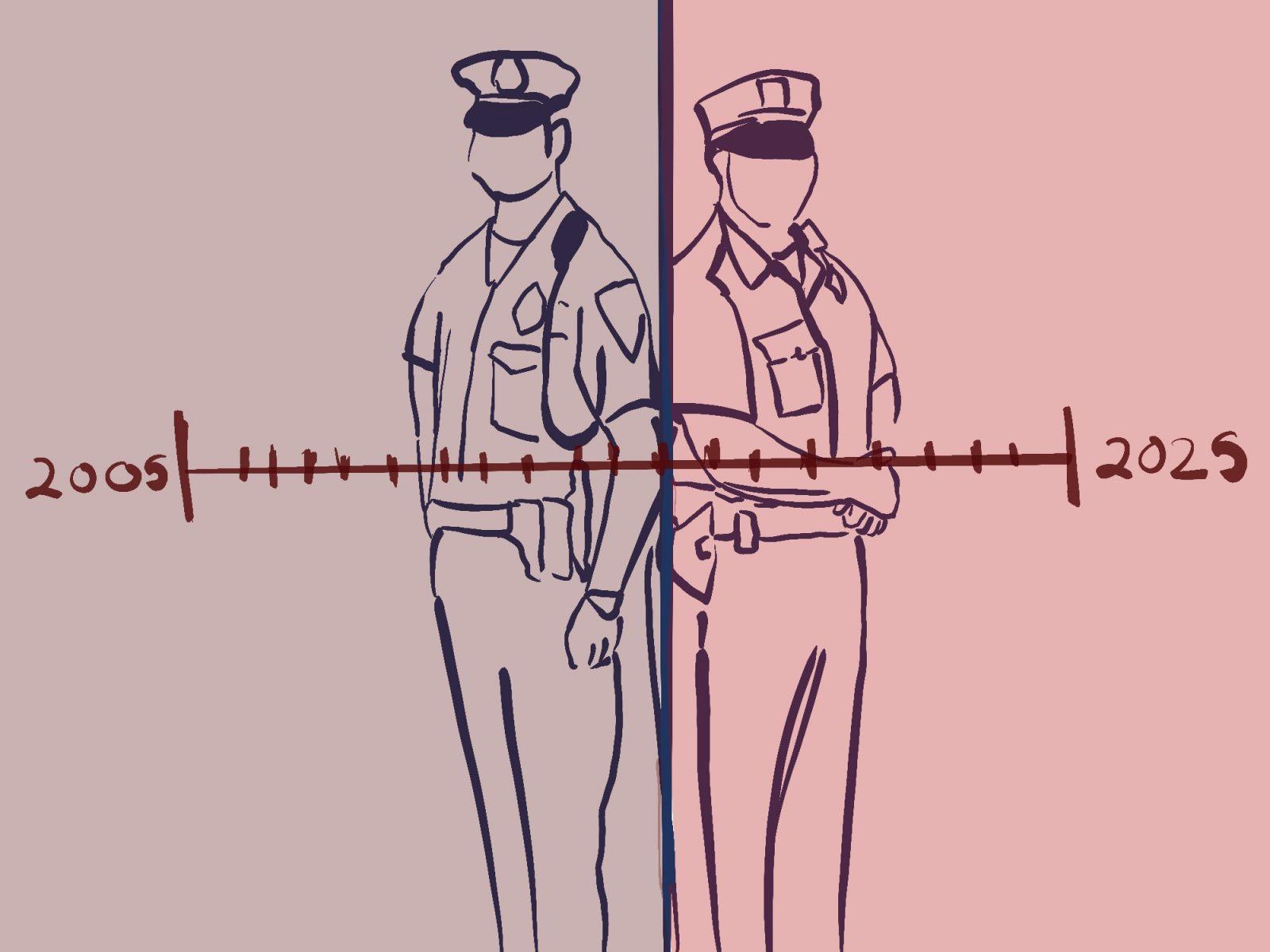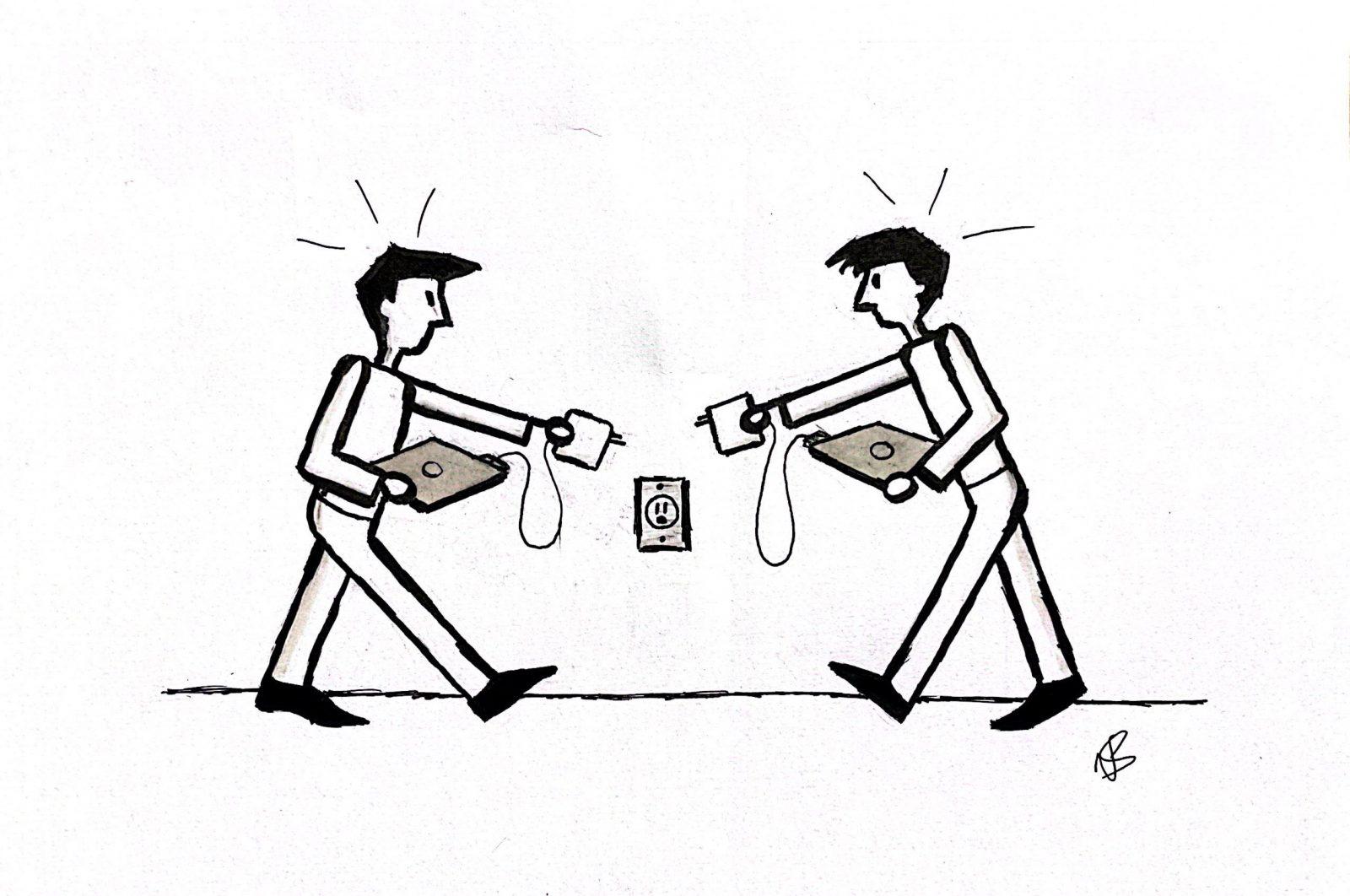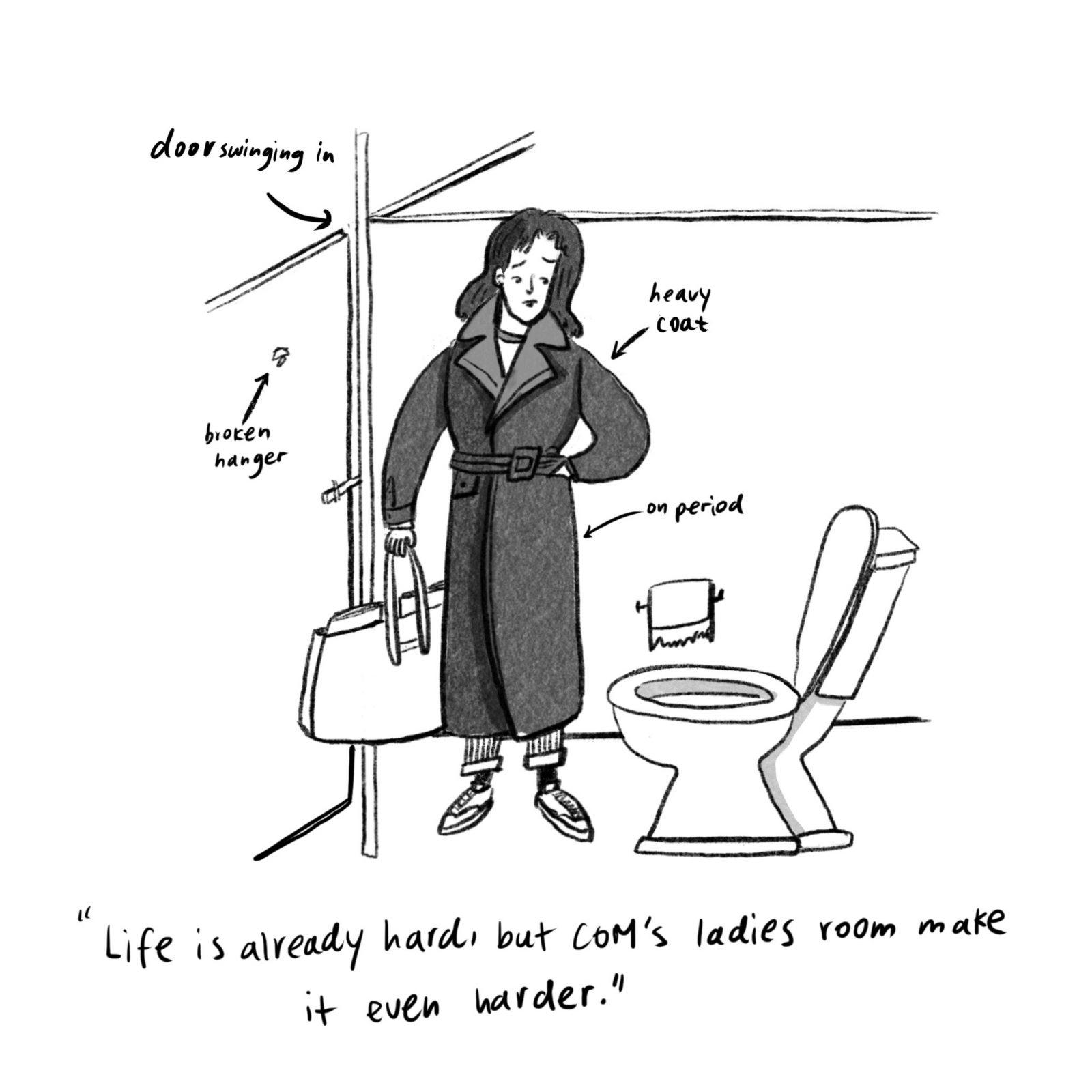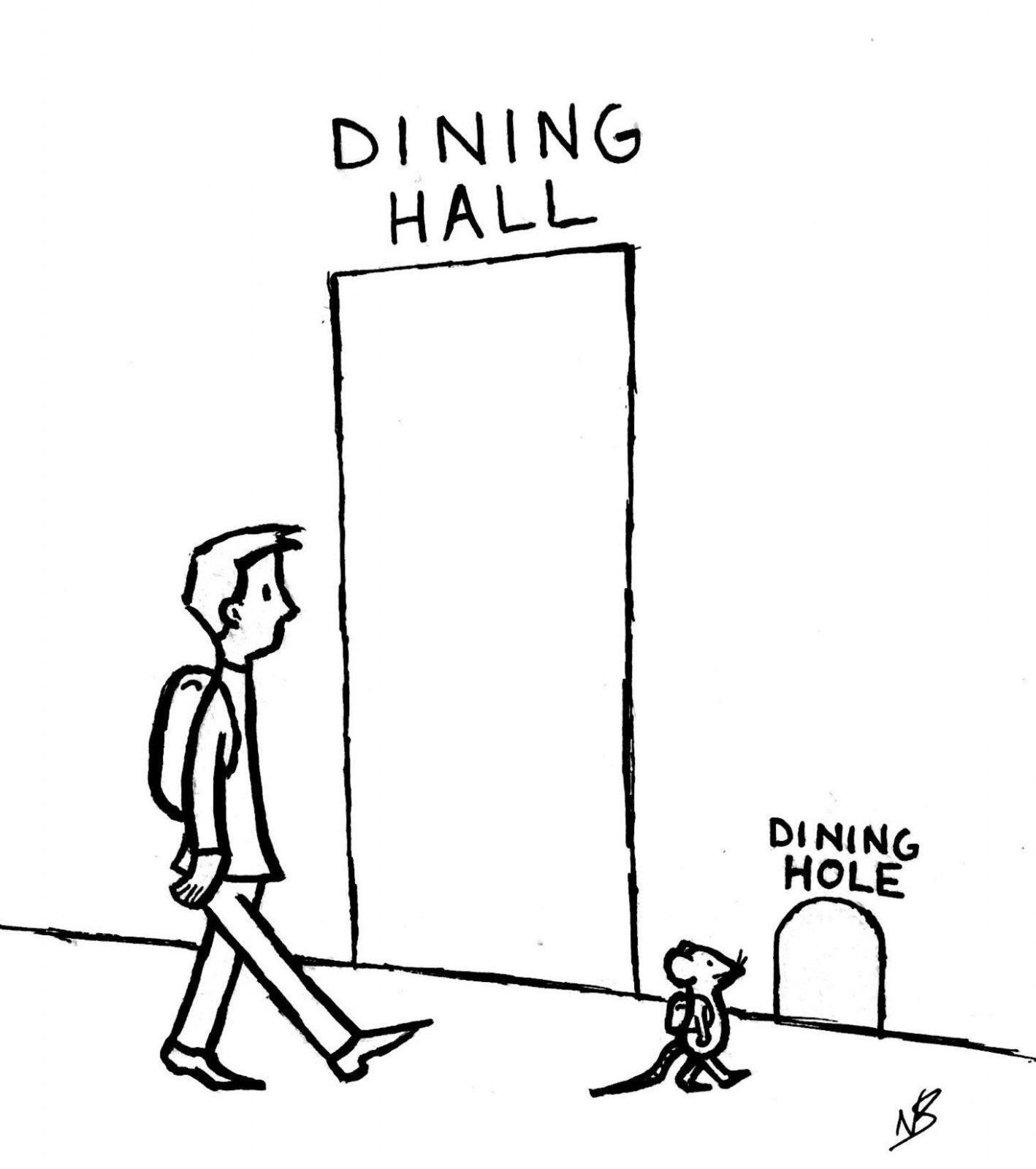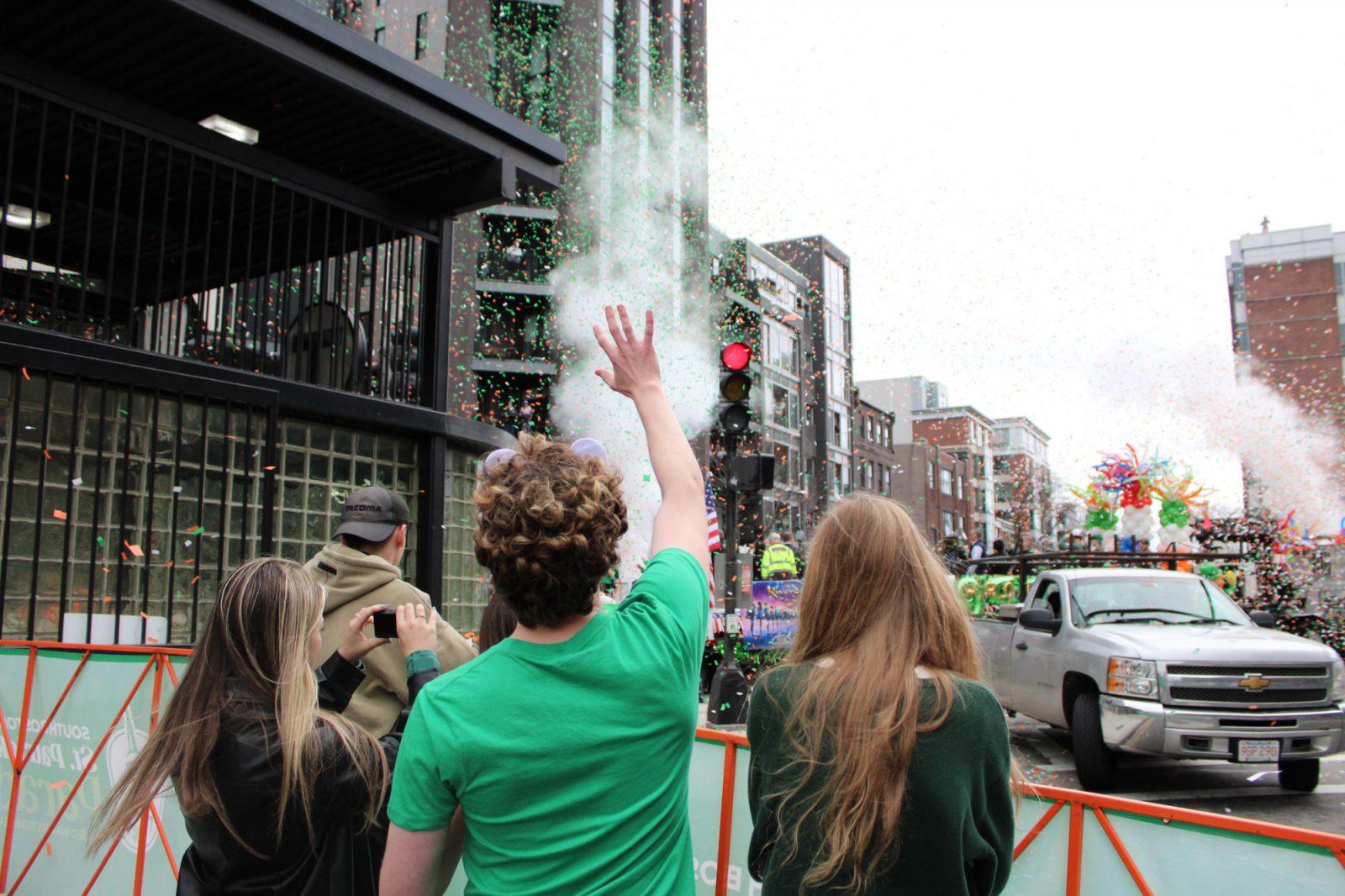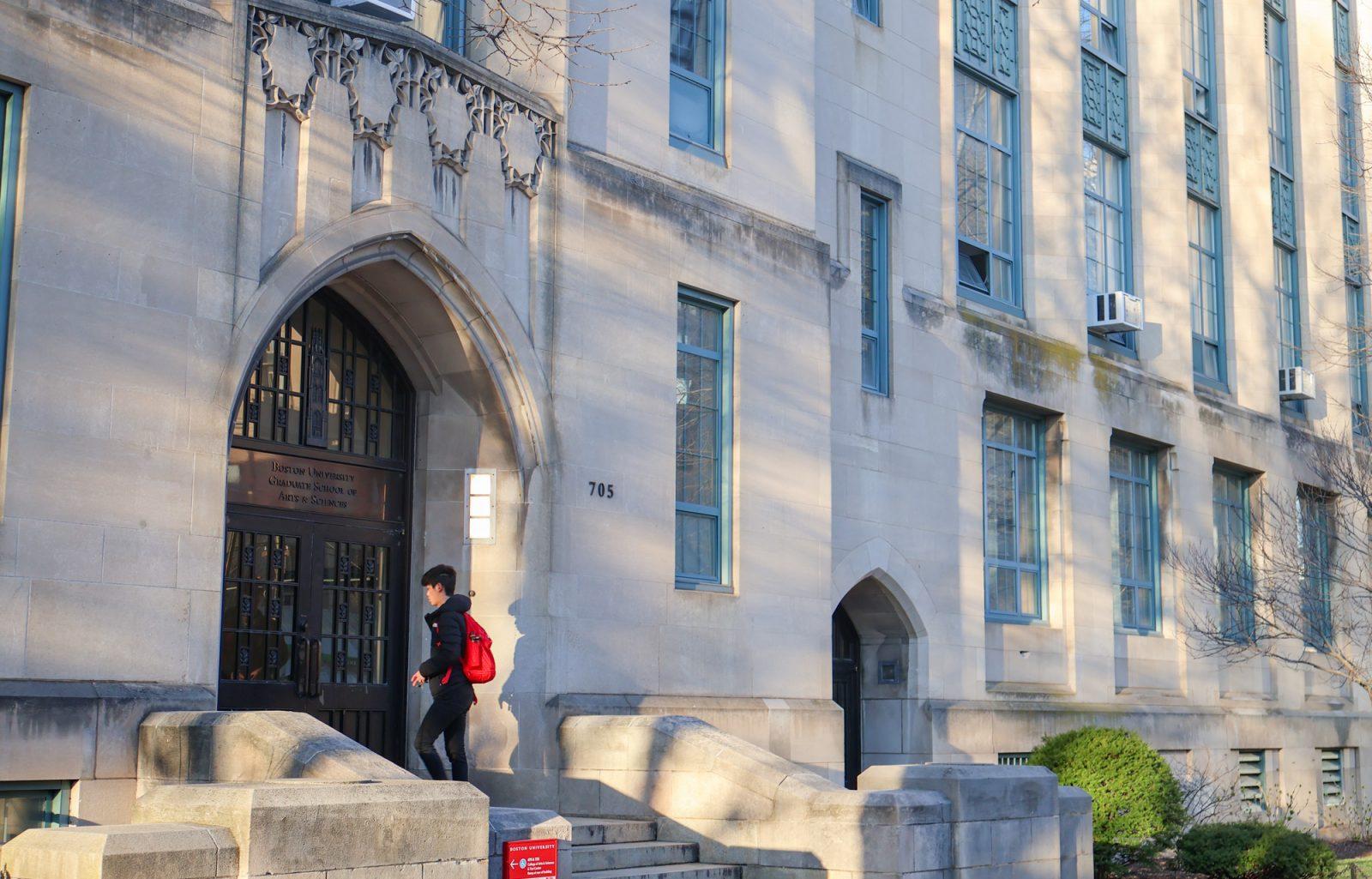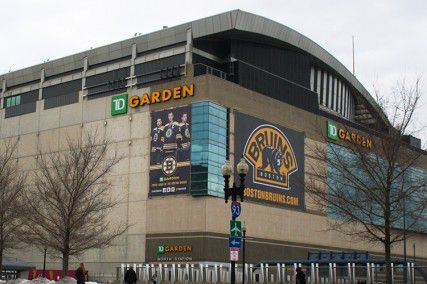
The two key players of a nearly 2 million square-foot expansion onto the TD Garden met Wednesday in the arena to respond to concerns from Boston residents about the project.
Boston Properties Limited Partnership and the Boston Garden Development Corporation hope to expand the Garden itself by 40,000 square feet and add a 600-foot-tall tower on the property immediately adjacent, according to plans from the Boston Redevelopment Authority.
“The West End neighborhood has never had that central place where they can gather and retail and come together as a community, so we’re really excited about that,” said Bryan Koop, senior vice president and region manager of Boston Properties.
The project will also expand onto the North Station Massachusetts Bay Transportation Authority stop, according to the plans.
Kevin Sheehan, project manager of Boston Properties, said one of the main focuses of the project is transportation. He said the design aims to benefit all the forms of transportation that comes together at the station including the subway, the commuter rail, the bike share, cars and taxis access.
“This is a transportation-oriented project,” he said. “Our biggest goal related to transportation is to make sure all these uses are connected and usable.”
In response to residents’ concerns for the traffic that would result from the construction, Sheehan said Boston Properties agree to conduct a pedestrian activity study to see how the development would impact those who walk in the area.
Members of the Boston Garden Impact Advisory Group, a 13-member panel of Boston residents, were present at the meeting to voice their concerns for this expansion project. One of the primary topics they brought up was the height of the adjoining tower to be built for residential and commercial purposes.
Koop said the project would blend in with other tall buildings nearby and it would actually be built in a more environmentally friendly fashion than those around it.
“It’s really not that high if you compare it to other buildings in the neighborhood,” he said. “Green development is about putting density where you have transportation. It’s a key principle of sustainable development, and that’s why we really think this is an appropriate spot to do it in. Previously, this site was proposed for a higher height, 25 percent higher. So we’ve actually reduced it.”
Part of the added structure would include 235,000 square feet of retail space, according to the BRA plans. The possible addition of a grocery store in that space was an important issue for IAG members.
“This area has been trying to get an affordable supermarket for many years, ever since Stop ‘n Shop left Charles River Plaza,” said Kathleen Ryan, an IAG member. “There’s now a Whole Foods there. A lot of people who live in the neighborhood are on fixed incomes can’t really afford to shop there.”
Sheehan said Boston Properties is also working to reach an agreement on affordable housing, another point of contention raised by residents.
“We understand the desire to have affordable units in the community,” he said. “We think it’s a challenge to make projects work with affordable units, but at this point in time, we’re prepared to work with BRA.”
Marcel Korn, 73, an orthodontist from Back Bay, said he does not think this project will benefit residents at all.
“It’s going to be another high-rent, high-priced residential and commercial complex,” he said. “I don’t know who it’s benefitting except people who want to make some money.”
Julia Troy, 24, a writer from Brighton, said the project was a bad idea because the BRA report, which is more than 300 pages, did not effectively outline the real impact it could have on the city.
“Whenever I see large plans like this that advertise in vague terms how they will bring up the economy, I automatically think … it can just bury the city under debt,” she said. “Unless I can see something more concrete and specific as to how it will affect us, I really think it will just be another in a long line of construction messes that never really panned out for Boston.”
Braden Despain, 30, of Brighton, said he was less skeptical of the expansion’s long-term benefits.
“There could obviously be some drawbacks when it’s being built, but that’s the case with anything you could build,” he said. “It can attract jobs and help the area in lots of other ways though also. In the end then, it’s development, and any kind of development can help Boston. So yes, there will be some bad, but the good far outweighs it with this case.”
Steven Dufour contributed to the reporting of this article.

